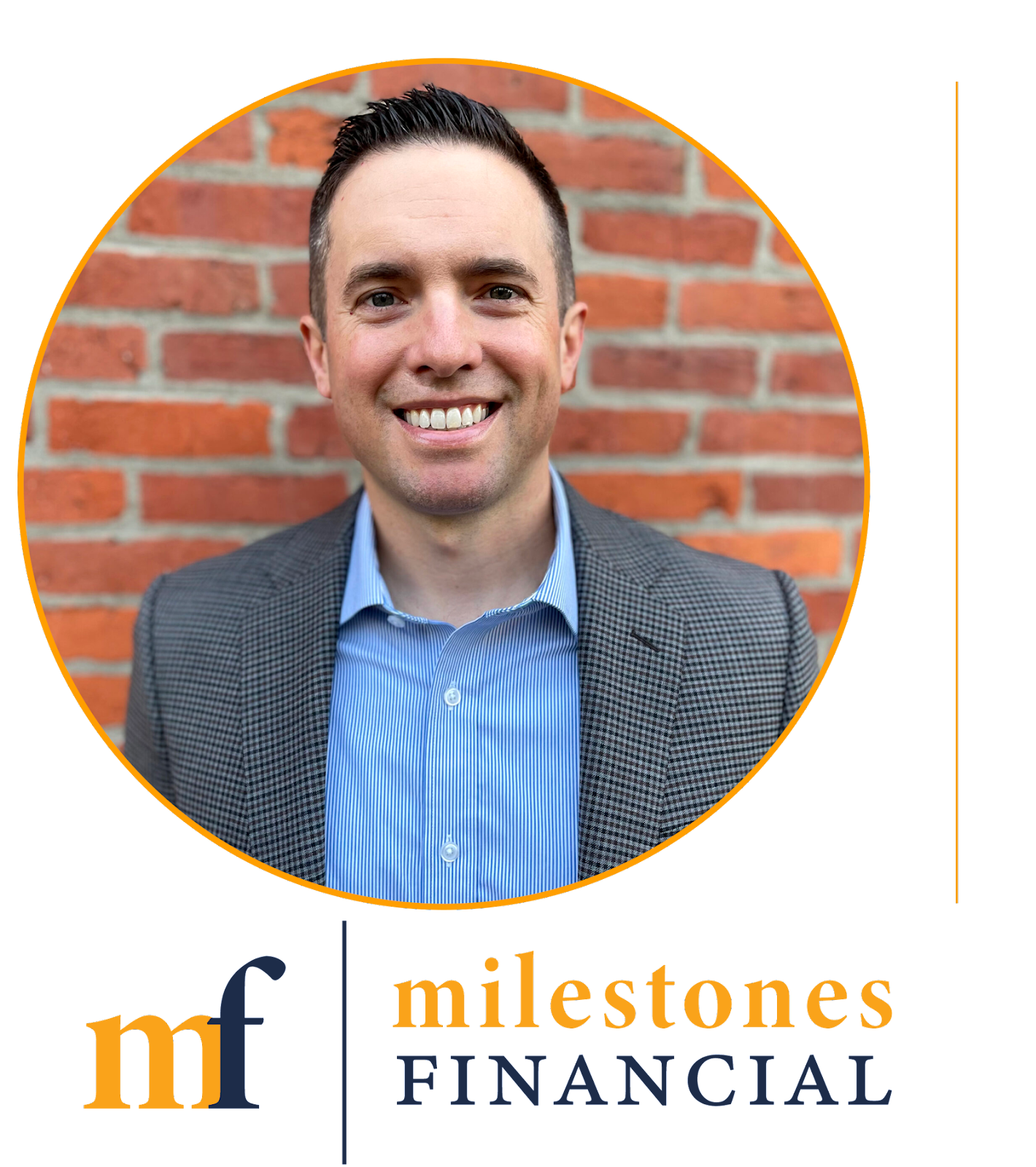How Addiction Can Impact Retirement Security: Understanding the Unseen Threats
“I’ll tell you what my father told me at your age, ‘It’s hell getting old.’ And, he wasn’t lying.”
That bit of insight has been shared with me by one of my dear uncles over the past few years.
Even though I still feel young at heart, as the years continue to go by, I have occasional glimpses of what the future may hold with how I feel in my body.
A lifetime of hard work and leisurely pursuits can suddenly creep up on someone in the form of aches and discomfort.
Our bodies are constantly communicating with our minds (and vice versa). Being conscious of these signals can prompt us to do the nurturing actions that our bodies are craving. Ignoring these cues can lead to continued breakdown and, eventually, chronic pain.
Being in constant pain is a dangerous state to be living in.
Addiction is in Our Backyard and in Our Families’ Homes
No one wants to be addicted. No one.
Cancer can run in families. Diabetes can run in families. Addiction can run in families.
Addiction is not a moral failing.
Addiction is a disease (and not a choice), and it does not discriminate.
The spectrum of addiction spans from sobriety to out of control substance use. The majority of us live somewhere in the middle of this range, because perfection is difficult to obtain. It’s okay to not be okay. You have permission to be human.
Recognizing Addiction’s Toll on Financial Stability
Stress can lead to addiction. Alcohol is commonly used.
Injuries and (elective) surgeries, followed by the subsequent pain, can lead to opioid addiction.
It can be an unbearable experience, and money can be a tool to access drugs and hide addiction.
People with addiction are susceptible to draining retirement accounts, children’s and/or grandchildren’s education funds, etc.
Parents can become codependent. People can become addicted to helping cover up that their loved one is addicted.
People need to put up a stop sign and ask, “Why are you doing this?” Financial advisors can play a pivotal role in this discovery, but very few do.
Stigma is a Barrier
Stigma, shame, guilt, and fear lead people to hit bottom before seeking the support they really want.
People let their disease get out of control before seeking help. The longer someone uses, the more time receptors in the brain have to be created, and the longer it will take to recover.
It’s an average of eight occurrences in rehab before someone reaches the road to sobriety!
One stay in rehab can be 14 weeks long, and then two years in a structured environment is usually needed to get to a place of sobriety.
Recovery is the goal. You can’t expect them to work during this time. If they had a broken leg, would you expect them to run a marathon in four weeks?
Addiction is a broken brain, and it needs time to recover. It’s a chronic medical condition of the brain.
Extend a Helping Hand
None of us do well in isolation. We need a community.
It normally takes families years to get the courage and strength to help loved ones get the support they need.
Reach out and ask how your loved ones are doing. Spontaneous acts of kindness can be very meaningful.
The first step is the most difficult one. Make the call.

Joshua A. Gallogly, CFP®, EA
Josh Gallogly, CFP®, EA is the Managing Member and Founder of Milestones Financial, LLC, a virtual financial planning firm based in Columbus, Ohio. He serves clients age 50+ who like maintaining full control over their money and provides hourly financial advice on things like reducing their tax bill, investing smarter, and creating retirement income.
